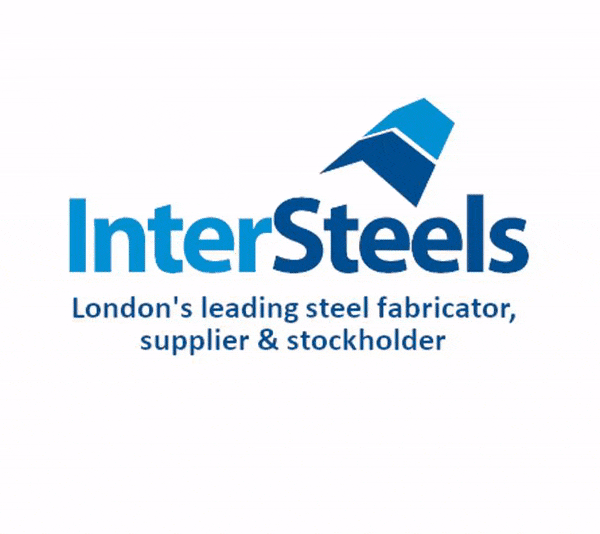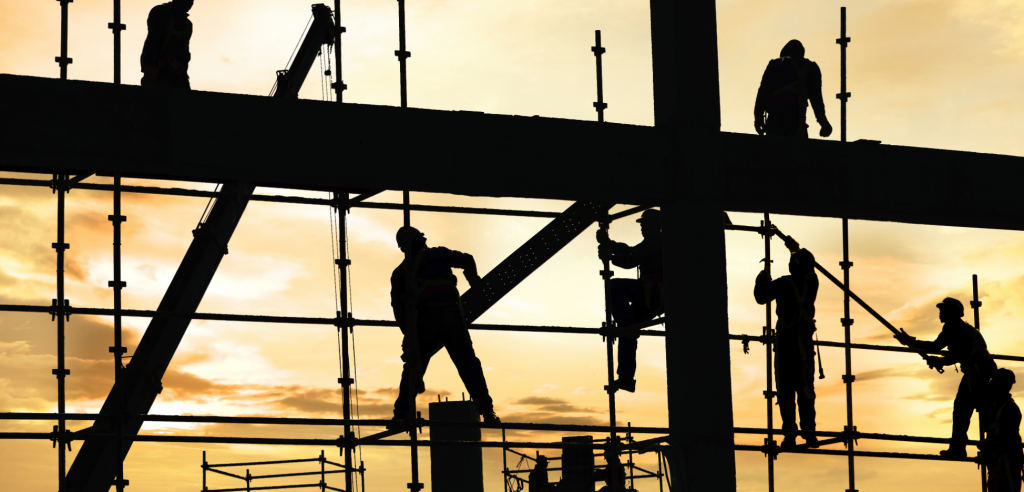A Simple Explanation

Construction is a broad term meaning both the science and art of constructing objects, structures, or systems and derives from Latin adhaerens reae, literally, “to build up.” To build is the subject word: the object of construction is the verb: to be created, and the subject is art: the mode of creating. Both verbs are used to mean work (as in the dictionary definition), but only one sense of each word refers specifically to the activity of constructing. In constructing an object, building refers to a specific process, a definite process, while building up is broader and refers loosely to any activity that produces objects.
Construction is not limited to building things (houses, monuments, etc. ) but extends to their support. Natural structures, such as those found in nature at the earth’s surface, are considered construction sites; artificial constructions, such as buildings, are not.
A number of the building blocks of the modern industry have been derived from the activities of construction. The most obvious among these is the wheel, which was invented partly due to the wheel being used as a carriage in the early Renaissance. Machinery is partially constructed, through what is called mechanical invention, by the actions of human workers engaged in work (labor). Machines themselves are constructed, through what is called mechanical invention, by machines that are driven by human beings operating them. The processes involved in construction explain many of the activities of modern industry.
Many of today’s questions regarding what is construction? Can be answered by looking at the various activities that human beings engage in every day. People build houses, structures, automobiles, ships, tunnels, bridges, towers, parks, museums, and even political buildings.
Many of these activities are performed by people who are not necessarily trained professionals but just ordinary people. What is the construction? It is a question that arises all the time when one sees an automobile or a building being constructed. Construction is not just about making things; it is about the discipline of putting things together so that they work. And this goes far beyond the realm of art, engineering, architecture, surveying, etc., because it is a process that takes time, money, effort, materials, workforce, and skill.
In what is construction? one must think of the various ways in which men and women construct the things they use every day. One major way is through simple hand labor, such as building something from scratch by oneself. Another way is to use machines designed to do much of what hand labor does, but of course, much faster and more efficient than any person could do it.
The third way in which we can understand what construction is! It is by way of the wide range of products that have been built by people all over the world. We know that the entire world now knows how to construct buildings and vehicles, but very few of us know how to build our homes. Indeed, many of the most beautiful homes that have ever been built were in the style of someone who was not trained in the construction trade but just took advantage of some basic plans and tools available to them.
What is the construction? It is a question that is probably occupying the minds of even the greatest minds of our time, yet there is still a great deal that remains unknown about the process. We do know that nearly every building in the world today is being constructed by some machine or process, but very few people really understand the construction process as a whole! We know that construction businesses are the fastest-growing sector of our economy, yet very few people understand the basics of how a construction business works! In a world where knowledge is almost as valuable as cash, anyone interested in starting a career in the construction field must take the time to gain as much knowledge as possible!













